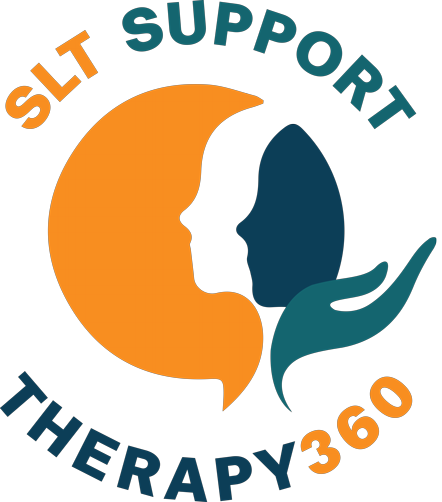Occupational Therapy
Occupational therapy (OT) is a client-centered health profession that focuses on helping people across the lifespan participate in the things they want and need to do through the therapeutic use of everyday activities (occupations).

How Occupational Therapy works
Occupational therapists help individuals overcome barriers to participation in their daily occupations. An occupation, in this context, is anything that occupies one’s time and energy and holds meaning, including:
Activities of Daily Living (ADLs): Such as dressing, bathing, eating, and hygiene.
Instrumental Activities of Daily Living (IADLs): Such as managing finances, cooking, driving, and caring for others.
Rest and Sleep: Preparing for and engaging in rest.
Education: Participating in a learning environment.
Work: Employment-seeking and performance.
Play: Engagement in intrinsically motivated activities for amusement.
Leisure: Non-obligatory activity following work or school.
Social Participation: Interacting with family, friends, and the community.
OT’s central belief is that participation in meaningful activities is essential to health and well-being.


